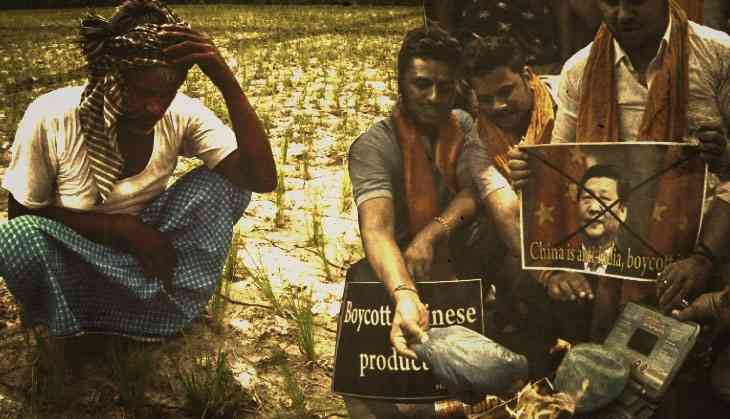People across India are losing faith in Modi's economic policies: CSDS survey

The 'Mood of the Nation (MOTN) Poll by the Centre for the Study of Developing Societies (CSDS) has said that a large number of Indians are unhappy with the economic policies of the Narendra Modi government.
The survey is based on interaction with 16100 people spread across 19 Indian states and Union Territories, including Andhra Pradesh, Assam, Delhi, Haryana, Uttar Pradesh and Tamil Nadu among others.
Among the many economic anxieties, the survey reveals that a large number of people in the country are worried about employment , taxes and their personal financial situation.
“We find that unemployment continues to be the main concern for most voters. For the third straight MOTN survey, one in every four voters (a plurality) saw lack of jobs as the biggest problem facing the country. What’s more, nearly three in every five voters (57%) said that finding jobs in their area has become more difficult during the last 3- 4 years.”
One should remember that PM Modi had come to power with a promise of generating 2 crore jobs in 5 years. Around 13 million (1.3 crore) youngsters join the queue of job-seekers in India every year. Out of these, only a few lakh are getting absorbed in the economy. The rest are either forced to opt for higher studies - a tactic to delay being seen as unemployed - or simply apply for governments jobs. Recently 2 lakh people applied for 1,137 vacancies for the position of constable in Mumbai police. Many among these applicants were reported to be holding degrees in engineering, medicine and business administration.
The MOTN survey says that “ Among people who think it’s more difficult to find jobs now, only 27% were found to be voting for the BJP (overall average of the BJP is 32%); this same figure was 33% in January (BJP’s average vote share then was 34%).”
Apart from unemployment, Modi government is getting unpopular due to the problems generated by Goods and Services Tax (GST).
“While nearly one-fourth of the respondents (24%) had found taxes under GST to be harsh in the January round of MOTN, in the current round, this figure has jumped to more than 40%. While unavoidable changes in question placement could have had some effect on the responses received, a substantial rise such as this cannot be ignored,” says the survey.
Another factor that is troubling people in the country is their concern about falling total household income. The CSDS survey says that the number of people worried about their falling incomes has has nearly doubled from 14% in January to 27% now.”
The CSDS report adds “The NDA government’s claims of ‘Sabka Saath Sabka Vikaas’ is no longer convincing many voters. Only 30% or three in every ten were found to be of the opinion that development has been for all sections. Back in January this figure had been much higher at 39%. On the other hand, a far greater percentage now believes that the development that was promised by the BJP in 2014 has been limited to benefiting only the rich (42% as against 36% in January).”
But who benefits from rising anti-Modi sentiment?
Not UPA. The rise in farm distress and the hardships experienced by traders community due to GST, seem to be benefitting regional parties more than the UPA parties, says the survey.
“The NDA continues to suffer among farmers and traders, even though the benefit of their unpopularity accrues not to the UPA but to other regional players.”
NDA's vote share among the farmers, has fallen by “3 percentage points since January (from 40% to 37%), while other political parties (barring UPA) have benefited with a 5-point increase (from 23% to 28%).”
Similarly, the benefit of NDA’s fall among traders is also reaped by other political parties, the survey adds.
Takeaway from the survey
The survey clearly suggests that the Modi wave that swept the country in 2014 is no longer in place. People have begun questioning the economic policies of PM Modi and have begun to analyse whether they are benefiting from them or not. However, the Congress-led UPA is still not benefiting directly from such a scenario and over the next one year, the Opposition will have to consolidate its position through alliances with regional parties and present a real economic alternative to the Modi government.
First published: 24 May 2018, 22:52 IST

